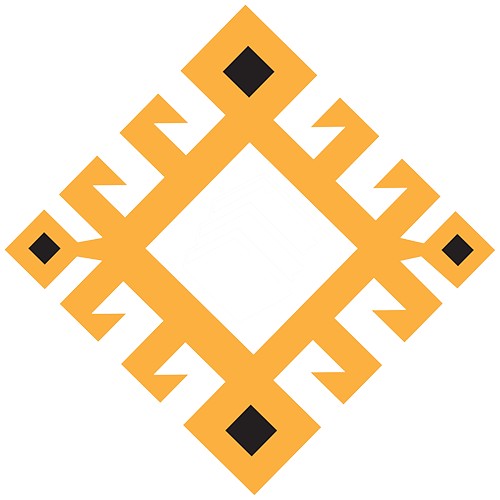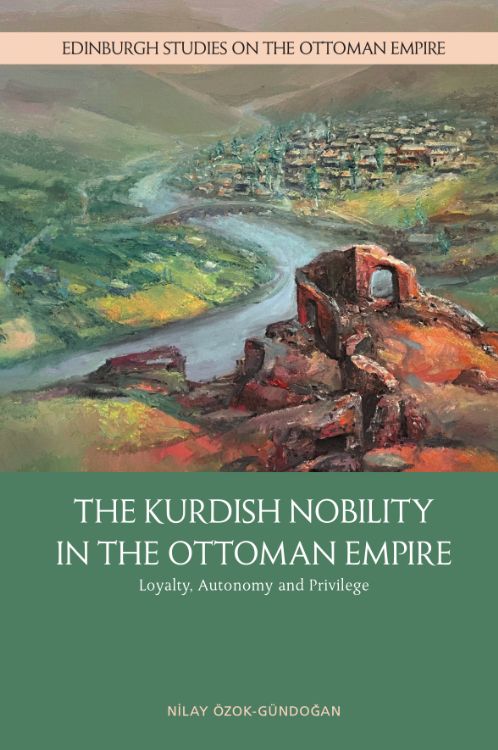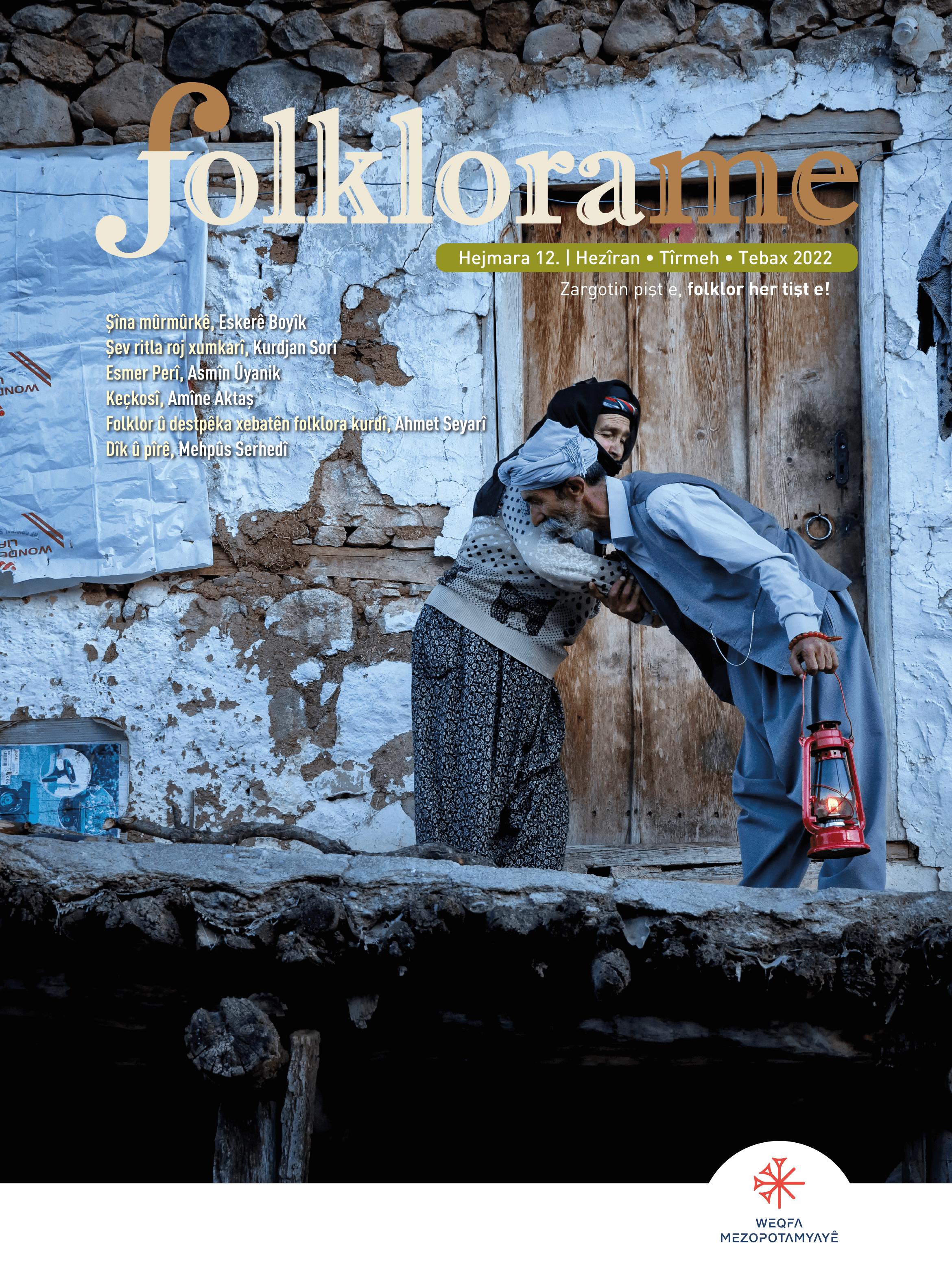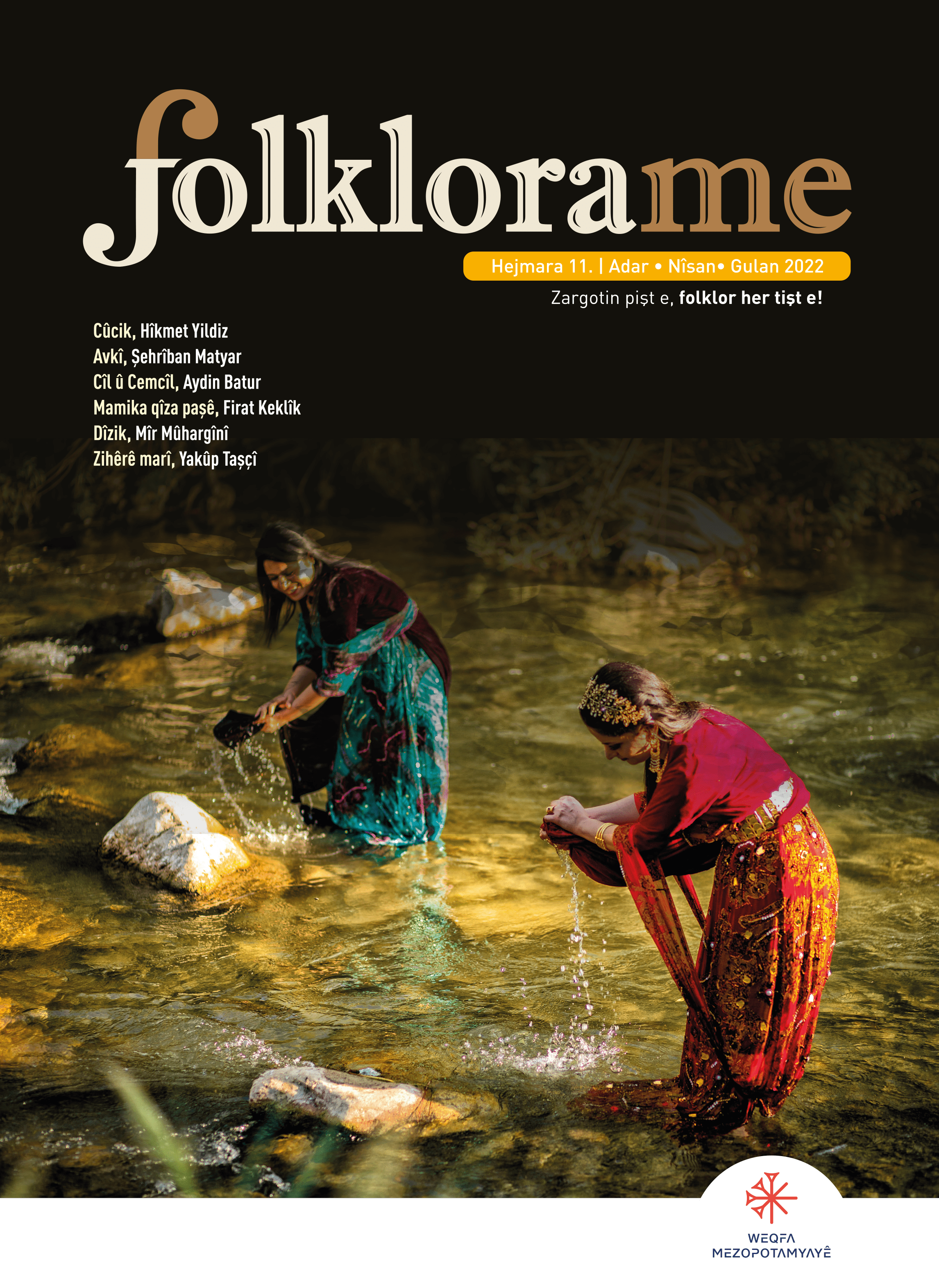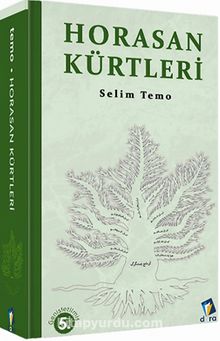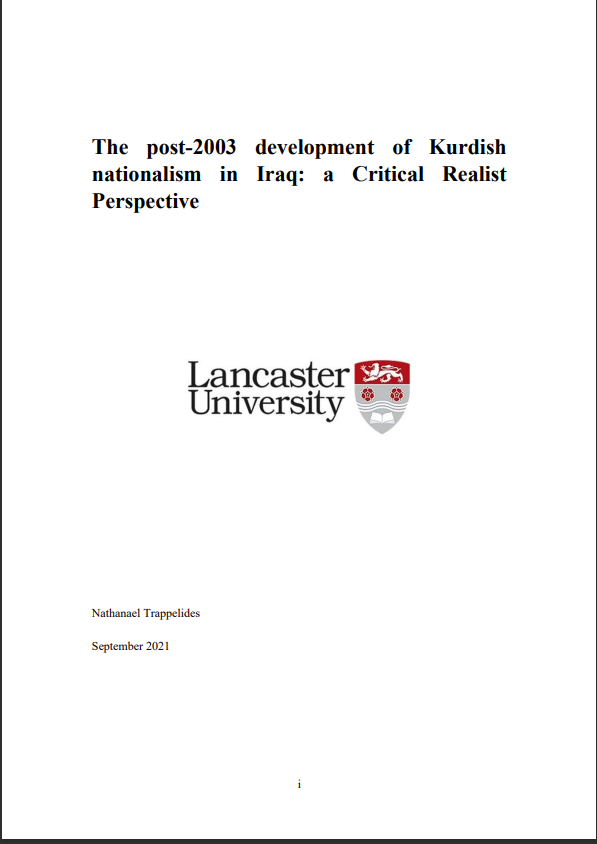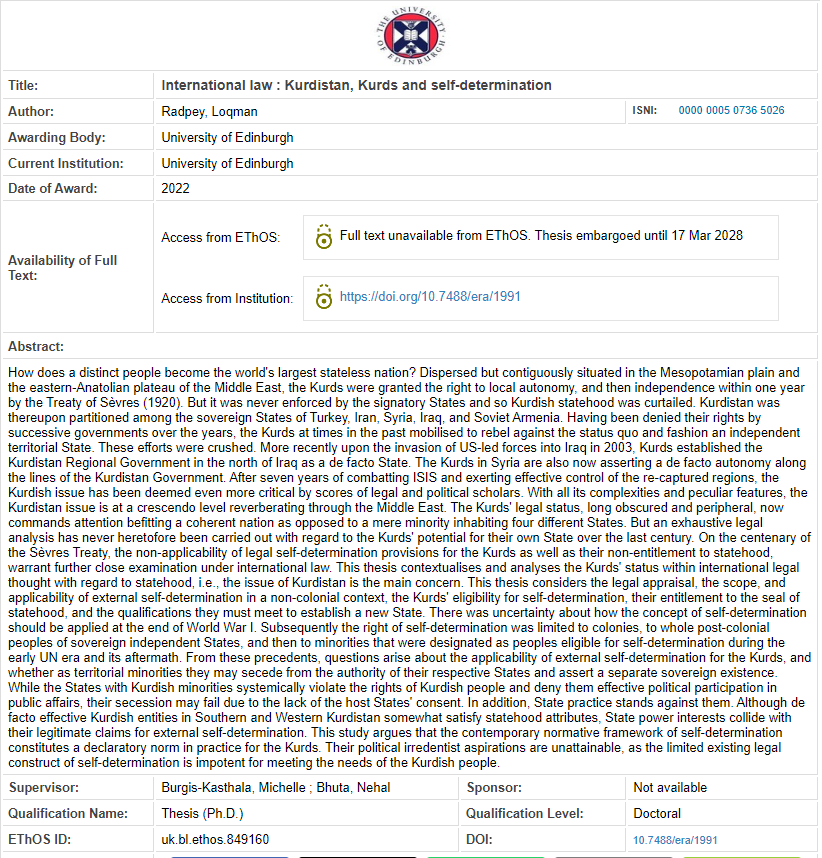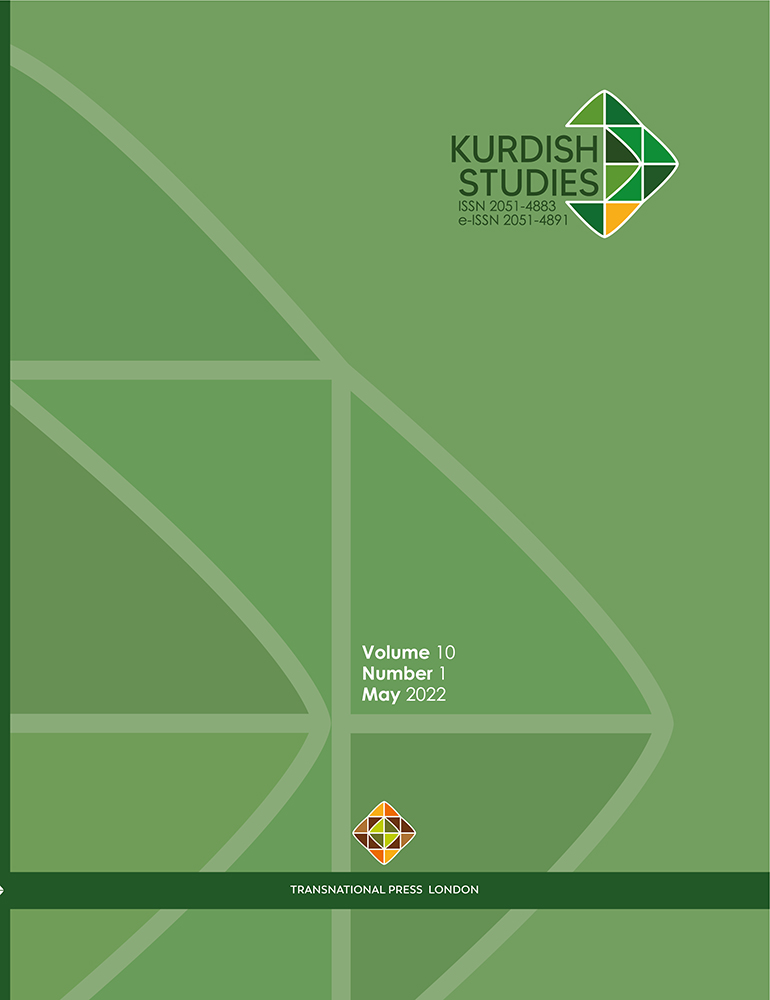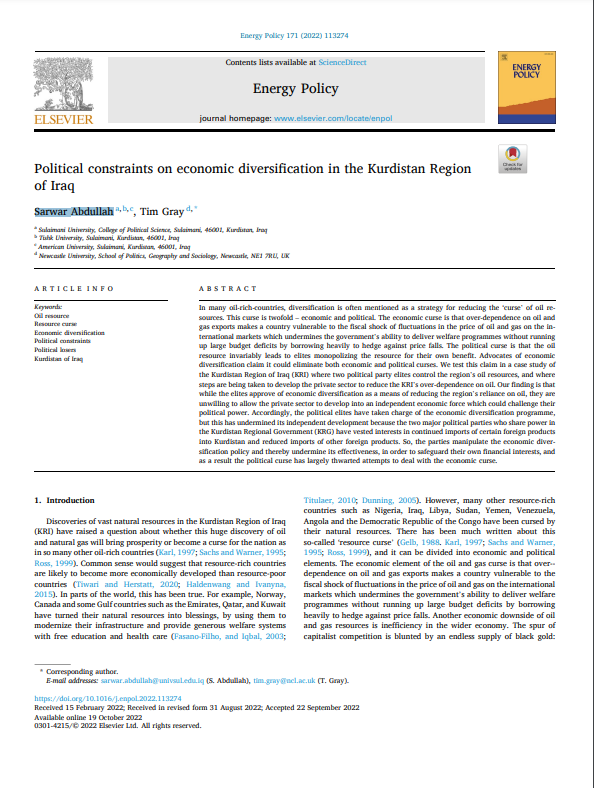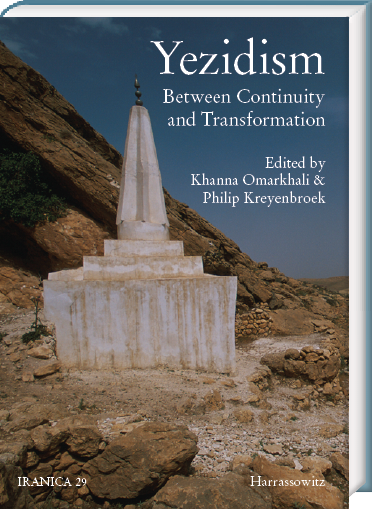years: 2022
Abstract / Review
Studies the making and unmaking of the Ottoman Empire’s Kurdish nobility Challenges a long-standing spatial-geographical bias in Ottoman-Middle East history by bringing Kurdish and Armenian histories back into the Ottoman imperial framework Presents the first study to use the framework of hereditary nobility to examine Kurdish elite formation and its
Abstract / Review
Hejmara hezîran, tîrmeh û tebaxê ya kovara “Folklora Me”yê çap bû. Di vê hejmarê da jî ji beşên cihê cihê yên folklorê nivîsên curbicur hene. Danasîna xurekan, xaçepirsa folklorê, gotar û keresteyên ji binbeşên cuda yên zargotina kurdî di binê sîwana vê hejmara da bi cih bûne. Berhevkar û amadekaran
Abstract / Review
Hejmara adar, nîsan û gulanê ya kovara “Folklora Me”yê çap bû. Folklora Me di her hejmareka xwe da, cih dide xebatên berhevkarîyê û hêmanên dîtbarî. Di hejmara 11an ya kovarê da dîsa nivîsên ji beşên curbicur yên folklorê hene. Digel cureyên edebîyata gelêrî, bawerîyên gelêrî; nirxandina pirtûkekê û lîstikek jî
Abstract / Review
Cezayir’den Hindistan’a, Balkanlardan Ürdün’e, Dağlık Karabağ’dan Belucistan’a kadar yayılmış yüzlerce Kürt aşiretinin tarihine odaklanan bu kitap, hemen hemen her Kürt aile ve aşiretinin bir parçasının bulunduğu Horasan’ı ve orada yaşayan Kürtleri yüzlerce kaynak, harita, el yazması ve fotoğrafla ayrıntılı bir şekilde ele alıyor. Horasan’daki Şiî-Alevî Kürtlerin siyasî ve tarihî macerası,
Abstract / Review
The question of whether a fully-fledged Kurdish nationalism does exist has attracted a reasonable amount of attention across recent decades, subject to the increasing appreciation of its modern development having been strongly influenced by distinct contexts experienced across the different states within which Kurds were separated after the collapse of
Abstract / Review
How does a distinct people become the world’s largest stateless nation? Dispersed but contiguously situated in the Mesopotamian plain and the eastern-Anatolian plateau of the Middle East, the Kurds were granted the right to local autonomy, and then independence within one year by the Treaty of Sèvres (1920). But it
Abstract / Review
As this journal enters its tenth year, some major changes are taking place in the editorial team. Welat Zeydanlıoğlu, who had first founded the Kurdish Studies Network and moderated its helpful mailing list and then took the initiative to establish this journal in collaboration with our publisher Ibrahim Sirkeci, hasannounced
Abstract / Review
In many oil-rich-countries, diversification is often mentioned as a strategy for reducing the ‘curse’ of oil resources. This curse is twofold – economic and political. The economic curse is that over-dependence on oil and gas exports makes a country vulnerable to the fiscal shock of fluctuations in the price of
Abstract / Review
The genocidal attack of ISIS on the Yezidi community of the Sinjar region in 2014, with its murder of men and enslavement of women and children, has had enormous consequences for Yezidi communities both in the homelands and in the Diaspora. At the same time, many communities are facing the
